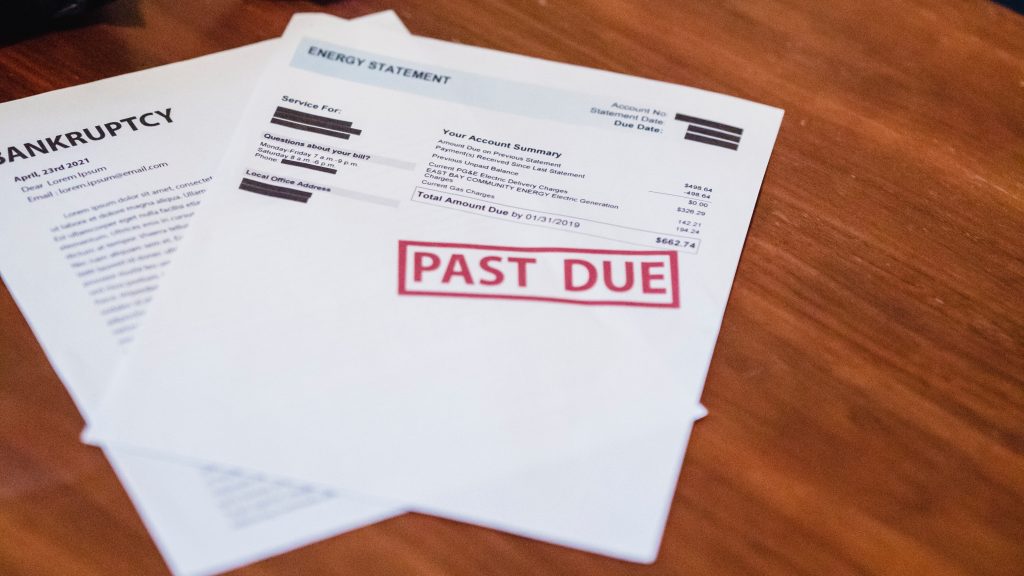Detroit Today: How the rise of debt collection cases creates a strain on Michigan courts
Debt collection cases make up the second largest percentage of cases in district courts throughout the state.

In recent years, a rising flood of debt collection cases in Michigan is causing a strain on our legal system.
Roughly 37% of all civil cases in district court are debt collection actions. These cases also disparately impact majority Black communities.
According to a study commissioned by the Michigan Justice for All Commission, residents living in majority Black communities are more than twice as likely to face debt collections compared to those in predominantly white neighborhoods. This disparity persists even as incomes in the areas rise, raising questions about underlying systemic issues.
Michigan Poverty Law Program Project Manager Angela Tripp and Pew Charitable Trusts manager Lester Bird joined Detroit Today to explain how these cases impact Michigan courts.
Listen: How the rise of debt collection cases creates a strain on Michigan courts
Angela Tripp is an attorney and Project Manager of the Michigan Poverty Law Program. She says for many, the first time they learn of a debt collection lawsuit is after the judgment is entered.
“For many people, the first time that they learned that they have been sued is when their bank account or their paycheck is garnished,” says Tripp.
Lester Bird is a Manager at Pew Charitable Trusts, a non-profit think tank. He works on the organization’s civil legal system modernization project, encouraging data-driven reforms of court policy. Bird explains that the vast majority of debt collection cases result in default judgments against defendants without reviewing the merits of the claim.
“We see about seven in 10 people who are sued, don’t engage with their case, leading to a default judgment, which is an automatic win for the plaintiff’s business who’s filing the lawsuit against them,” says Bird. “Often that comes without any sort of court review of what’s happened in the case and whether that money was even owed in the first place.”
Trusted, accurate, up-to-date.
WDET strives to make our journalism accessible to everyone. As a public media institution, we maintain our journalistic integrity through independent support from readers like you. If you value WDET as your source of news, music and conversation, please make a gift today.
